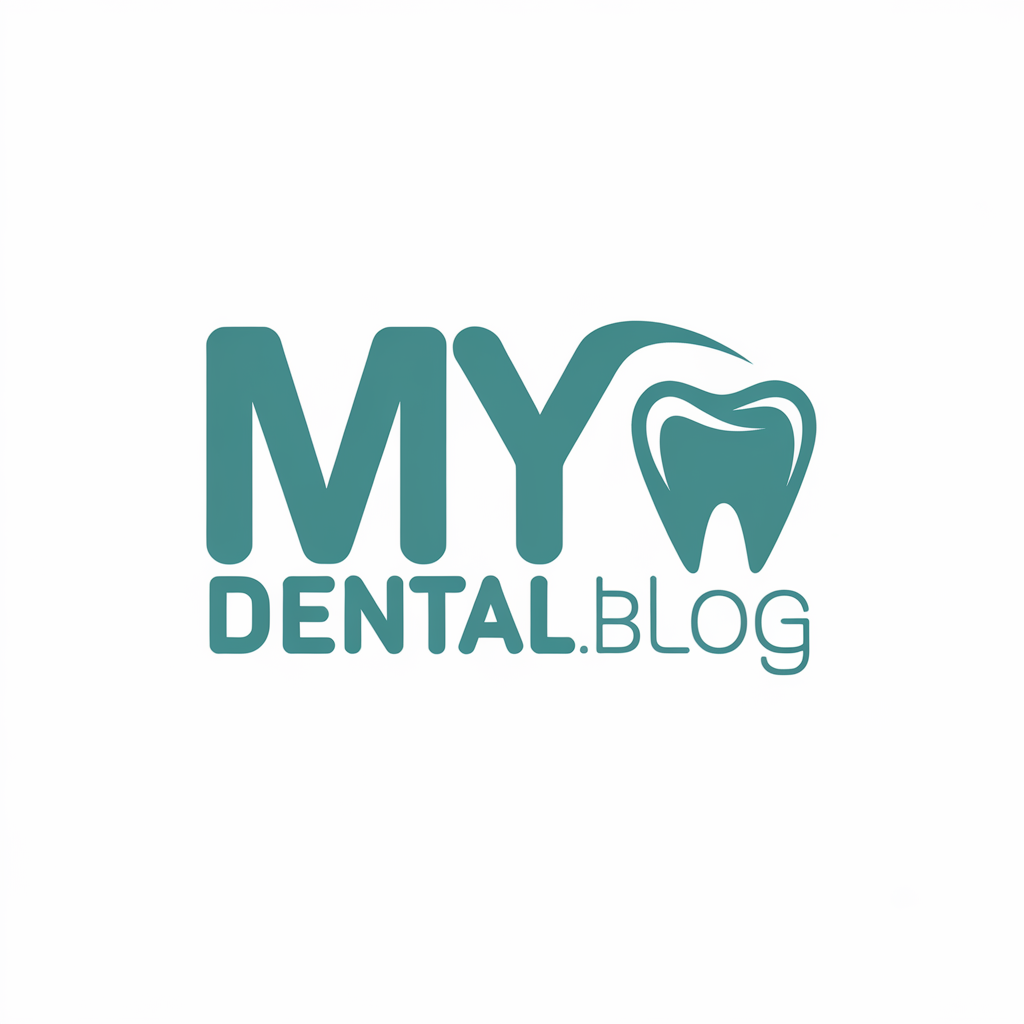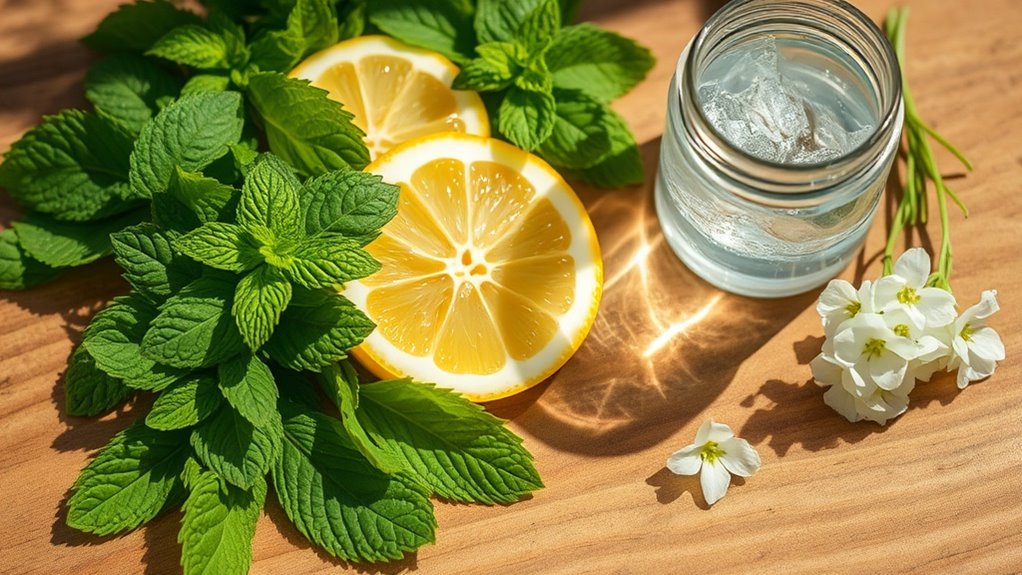Bad Breath It’s NOT What You Think!
Bad breath isn’t just about poor oral hygiene. In fact, it can come from dry mouth, medications, or even medical conditions like diabetes and sinus infections. Certain foods, like garlic and onions, can linger and impact your breath too. Plus, smoking can make matters worse by reducing saliva production. Staying hydrated and making smart dietary choices can help. If you want to explore effective solutions beyond just brushing, you’re in the right place!
Common Misconceptions About Bad Breath
When you think about bad breath, you might assume it’s always a sign of poor oral hygiene, but that’s not necessarily true. Many people brush and floss regularly yet still experience halitosis.
It’s a common misconception that only certain foods cause bad breath. While garlic and onions do contribute, other factors like dry mouth or certain medications can have a big impact too.
You might also believe that mints or gum are a permanent solution, but they only mask the problem temporarily.
Additionally, it’s easy to think that only adults deal with bad breath, but children can have it too.
Finally, some folks think that mouthwash is the answer, but it can disrupt your mouth’s natural balance if overused.
Medical Conditions That Contribute to Halitosis
Bad breath isn’t just about what you eat or how well you brush your teeth; underlying medical conditions can also be significant contributors.
Conditions such as sinus infections can cause postnasal drip, which leads to an unpleasant odor.
Diabetes can result in a fruity smell due to the presence of ketones in your breath.
Additionally, gastrointestinal issues like acid reflux can introduce foul-smelling stomach contents back into your throat.
Liver and kidney diseases can also manifest through bad breath, as toxins build up in your system.
If you notice persistent halitosis despite good oral hygiene, it’s crucial to consult a healthcare professional.
Identifying and addressing these medical conditions can help you regain fresh breath and overall health.
The Role of Medications in Bad Breath
Certain medications can greatly impact your breath, often leading to halitosis as a side effect. If you notice persistent bad breath, it might be linked to what you’re taking.
Here are four common types of medications that can cause this issue:
-
Antidepressants – These can reduce saliva production, leading to dry mouth.
-
Antihistamines – They also decrease saliva, which is essential for washing away bacteria.
-
Diuretics – These can cause dehydration, further contributing to dry mouth.
-
Blood pressure medications – Some can alter your taste and affect oral hygiene.
If you suspect your medication’s causing bad breath, consult your healthcare provider for alternatives or solutions.
Staying proactive can help you maintain fresh breath and overall oral health.
Lifestyle Factors That Impact Oral Freshness
Medications aren’t the only culprits behind bad breath; your lifestyle choices play a significant role too. Factors like diet, hydration, and smoking can greatly affect your oral freshness.
| Lifestyle Factor | Impact on Breath |
|---|---|
| Diet | Foods like garlic and onions can linger in your mouth and affect breath. |
| Hydration | Insufficient water intake leads to dry mouth, which promotes bacteria growth. |
| Smoking | Tobacco products not only leave a foul odor but also reduce saliva production. |
Effective Solutions Beyond Oral Hygiene
While maintaining good oral hygiene is essential, it’s important to explore additional solutions for combating bad breath. Here are some effective strategies you can try:
-
Stay Hydrated: Drink plenty of water throughout the day to keep your mouth moist and help wash away bacteria.
-
Chew Sugar-Free Gum: This stimulates saliva production, which naturally cleanses the mouth and neutralizes odor.
-
Add Fresh Herbs: Incorporate parsley, mint, or cilantro into your meals; their natural oils can help freshen your breath.
-
Avoid Certain Foods: Limit intake of garlic, onions, and spicy foods, as they can linger on your breath for hours.
Frequently Asked Questions
Can Bad Breath Be a Sign of a Serious Health Issue?
Yes, bad breath can signal serious health issues. It might indicate gum disease, respiratory infections, or digestive problems. If you notice persistent bad breath, it’s best to consult a healthcare professional for a thorough evaluation.
How Can Diet Specifically Influence Bad Breath?
Your diet greatly affects your breath. Foods like garlic and onions can cause strong odors, while a lack of fruits and vegetables might lead to dry mouth, worsening bad breath. Stay hydrated and opt for fresh, nutritious choices.
Are There Natural Remedies for Bad Breath?
Yes, you can try natural remedies for bad breath. Chewing parsley or mint, sipping green tea, or using apple cider vinegar can help. Staying hydrated and maintaining good oral hygiene also makes a significant difference.
Does Smoking Contribute to Persistent Bad Breath?
Yes, smoking definitely contributes to persistent bad breath. It dries out your mouth, reduces saliva, and introduces harmful chemicals. Quitting can improve your breath and overall oral health considerably, so consider making that change.
Can Stress Affect the Freshness of Breath?
Yes, stress can affect your breath freshness. When you’re stressed, your body produces less saliva, which helps keep your mouth clean. This can lead to an increase in bacteria and, ultimately, less fresh breath.





